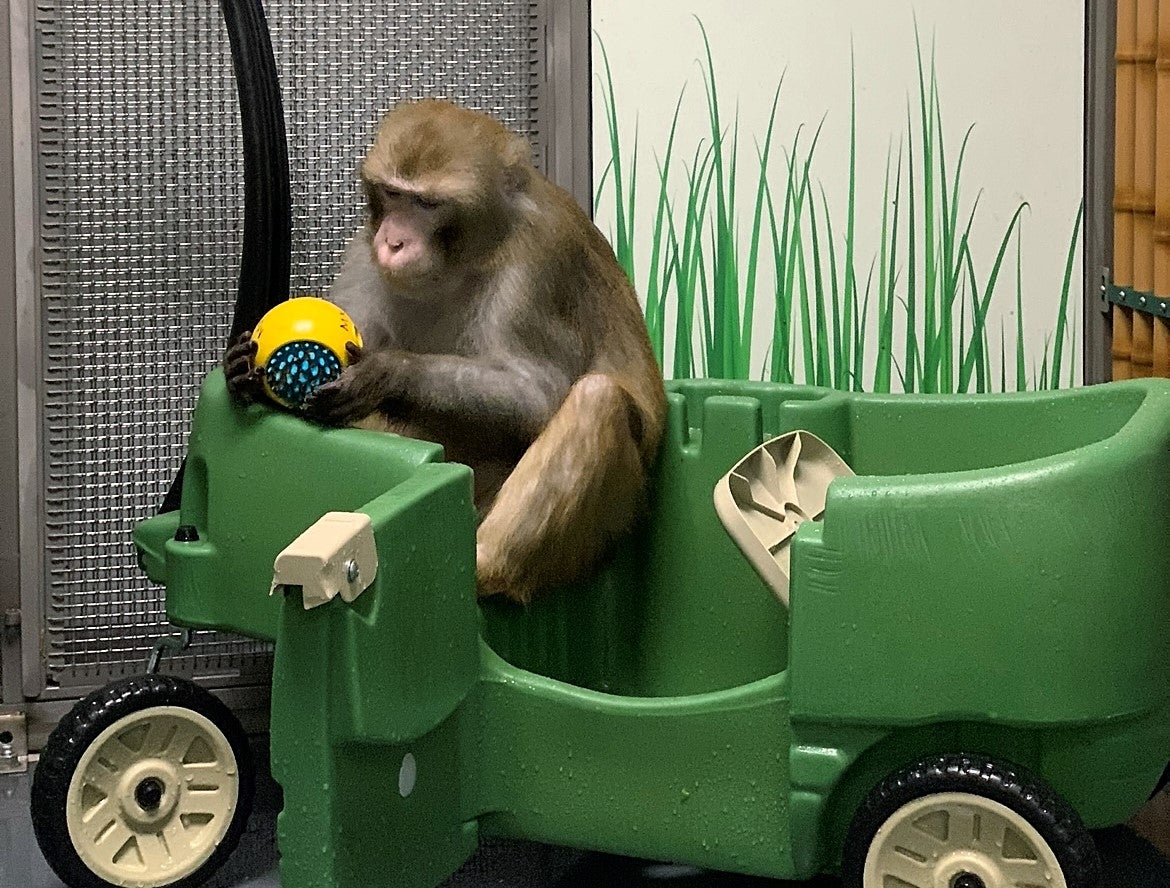Elon Musk says monkeys implanted with Neuralink brain chips were ‘close to death’
Tech billionaire says he chooses monkeys ‘close to death’ for brain chip trials
Elon Musk has denied reports that his brain implant startup Neuralink killed monkeys during research experiments, claiming instead that tests were only done on “terminal” primates.
Neuralink admitted to euthanizing eight animals during trials of its brain-computer interface technology last year, however denied accusations from the Physicians Committee for Responsible Medicine (PCRM) that it subjected monkeys to “extreme suffering”.
The animal rights group accused Neuralink of “inadequate animal care” at the company’s lab at the University of California’s Davis Primate Centre, alleging that nine violations of the Animal Welfare Act were committed.
Neuralink defended its animal testing record in a blog post last year, claiming that it is “absolutely committed to working with animals in the most humane and ethical way possible”.
The firm also noted that “all novel medical devices and treatments” must be tested on animals before they can be trialled on humans.
“The use of every animal was extensively planned and considered to balance scientific discovery with the ethical use of animals,” the blog post stated.
Neuralink CEO Elon Musk has now added more details about the startup’s animal testing practices, after the issue was brought up by one of his followers on X, formerly known as Twitter.
“No monkey has died as a result of a Neuralink implant,” Mr Elon Musk posted to X.
“First our early implants, to minimise risk to healthy monkeys, we chose terminal monkeys (close to death already).”

Mr Musk founded Neuralink in 2016 with the ultimate aim of merging artificial intelligence with the human brain. An implanted chip could improve hearing and vision, while also delivering “enhanced abilities” like greater reasoning and anxiety relief, according to the tech billionaire.
Early applications of the technology will be for treating brain disorders and neurological conditions, though the company is yet to set a date for when its chips will be ready to use.
In May, Neuralink revealed that it had received approval from the US Food and Drug Administration (FDA) to begin testing its technology on humans.
Neuralink said that FDA approval “represents an important first step that will one day allow our technology to help many people”.
Join our commenting forum
Join thought-provoking conversations, follow other Independent readers and see their replies
Comments
Bookmark popover
Removed from bookmarks